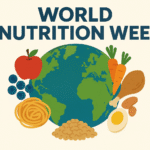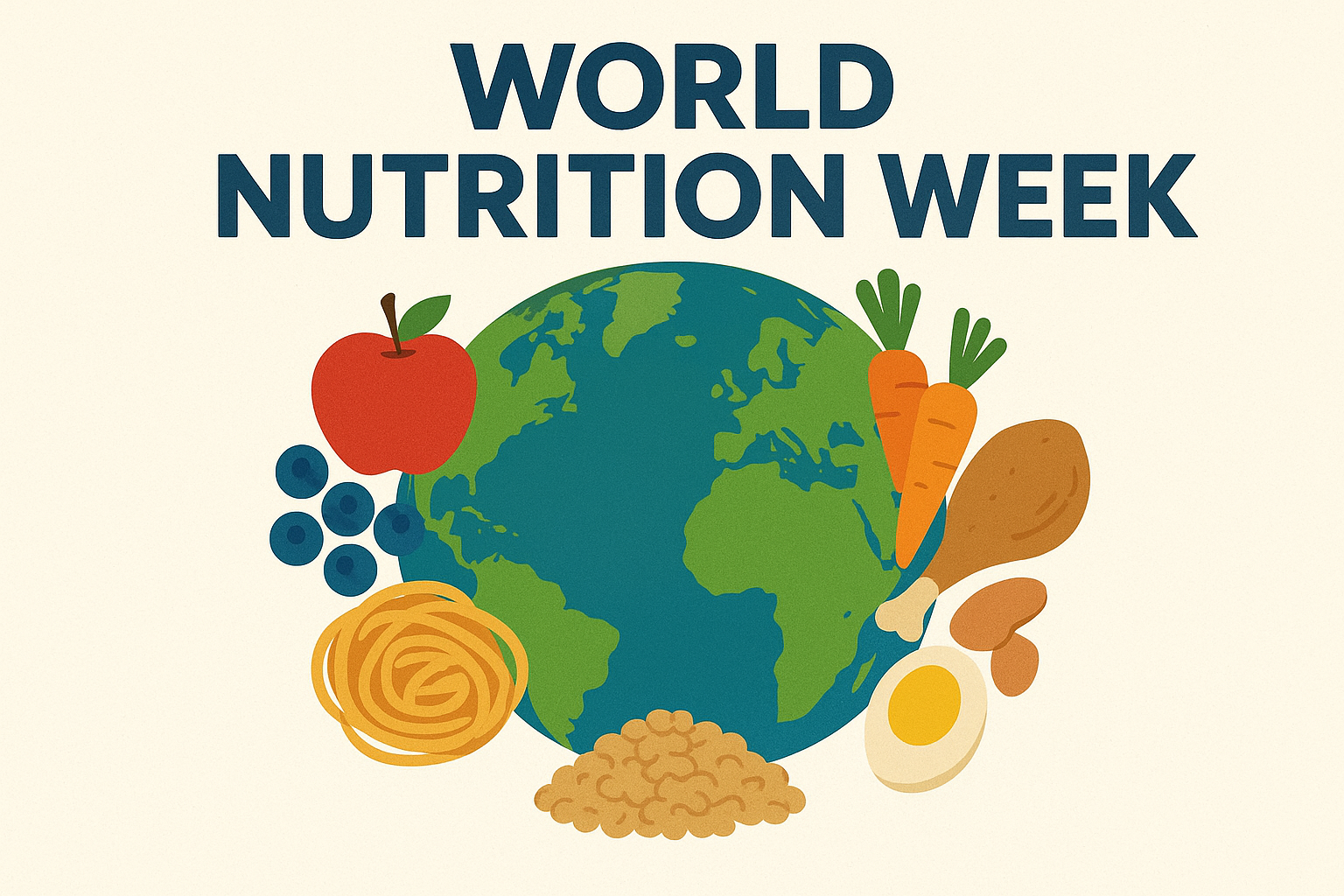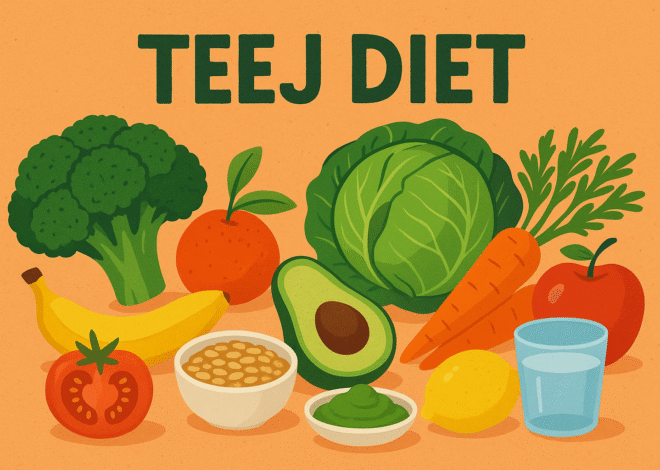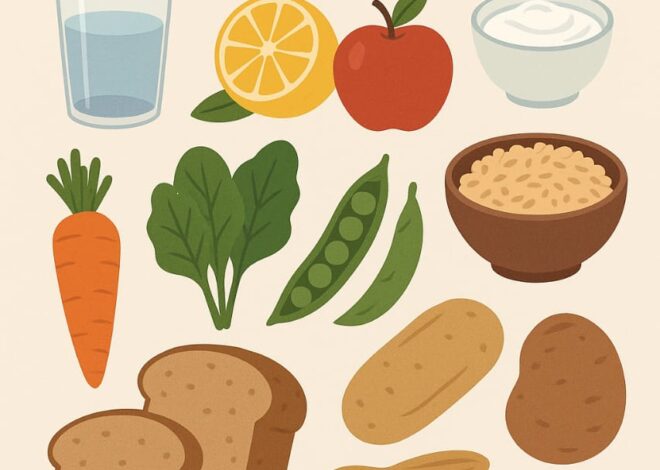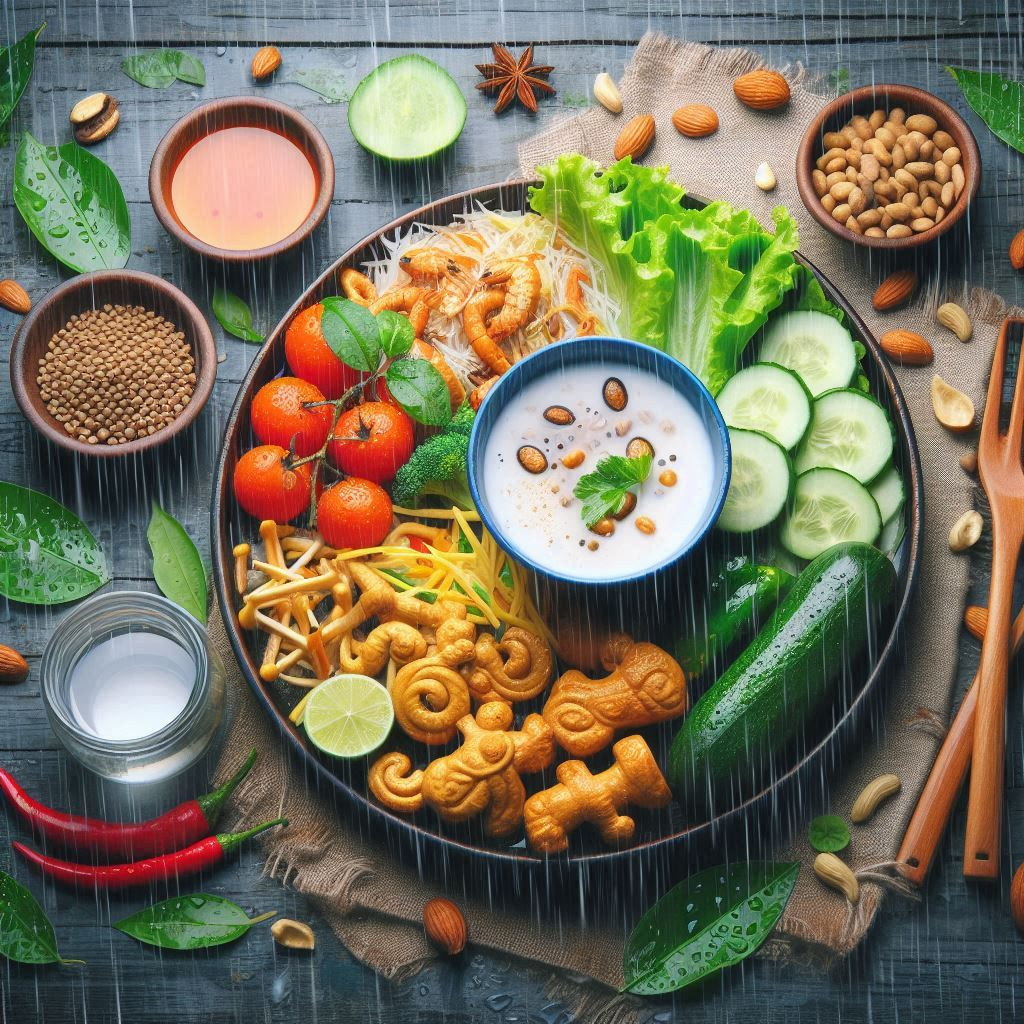
Monsoon diet: What to eat and avoid during rainy season
Here are some important precautions to follow:
- Wash fruits and vegetables thoroughly: Rinse them with clean water before consumption to remove any dirt, pesticides, or contaminants that may have accumulated due to rainwater.
- Cook food thoroughly: Ensure that all meat, poultry, and seafood are cooked properly to kill any bacteria or parasites that could cause foodborne illnesses.
- Avoid eating raw or undercooked foods: Raw foods, especially meats and seafood, can harbor bacteria that thrive in moist environments.
- Store food properly: Keep perishable foods in the refrigerator or in sealed containers to prevent them from spoiling quickly in humid conditions.
- Use clean utensils and surfaces: Wash utensils, cutting boards, and countertops with hot, soapy water to prevent cross-contamination.
- Drink clean water: Ensure that drinking water is from a safe and reliable source. If in doubt, boil water before consumption.
- Avoid street food in uncertain conditions: While street food can be tempting, it may pose a higher risk of contamination during the rainy season. Opt for freshly prepared food from hygienic establishments.
- Handle leftovers with care: Properly handle leftovers: Refrigerate leftover food promptly and reheat thoroughly before consumption.
- Maintain personal hygiene: Wash hands thoroughly with soap and water before preparing or eating food, especially after coming into contact with rainwater or contaminated surfaces.
- Be cautious with dairy products: Ensure that dairy products are pasteurized and properly stored to prevent bacterial growth.

The monsoon season brings a refreshing change with its cooler temperatures and lush landscapes. However, this season also brings a higher risk of infections, digestive issues, and other health concerns. During the rainy season, a diet that boosts immunity, aids digestion, and helps you stay healthy is essential. Here’s a comprehensive guide on what to eat and avoid during the monsoon to keep you feeling your best.
The Importance of a Monsoon Diet
During the monsoon, humidity rises, and the body’s digestive capability tends to weaken. The moisture-laden environment creates an ideal breeding ground for bacteria, which increases the risk of infections, particularly digestive ones. A well-balanced monsoon diet focuses on immunity-boosting foods, maintains a healthy gut, and keeps energy levels stable. Here’s what to keep in mind:
Foods to Include in Your Monsoon Diet
- Seasonal Fruits with High Water Content
- Apples, pears, and pomegranates are excellent choices during monsoon. These fruits are rich in antioxidants, vitamins, and fiber, which improve digestion and boost immunity.
- Avoid overly watery fruits like watermelon and muskmelon, as they may increase bloating during this season.
- Warm, Cooked Vegetables
- Leafy greens like spinach and fenugreek are nutritious but are best avoided raw in monsoon due to their tendency to harbor germs. Always cook your greens thoroughly to eliminate any bacteria or germs.
- Vegetables like bottle gourd, pumpkin, bitter gourd, and carrots are excellent choices. Bitter gourd, for example, has antimicrobial properties that can help fight infections.
- Pulses and Legumes
- Lentils, chickpeas, and moong dal provide plant-based protein, helping the body repair and build immunity. They’re easy on digestion and work well in soups or curries, making them ideal for this season.
- Avoid consuming too much kidney beans or black gram, as they may be harder to digest when your digestive power is reduced.
- Probiotic-Rich Foods
- Probiotics, such as yogurt, kefir, and fermented foods, help maintain a healthy gut flora, which is crucial for immunity. A strong gut can better ward off harmful bacteria and other pathogens.
- You can also add small amounts of ginger or garlic to your diet for additional immune-boosting properties.
- Spices with Antimicrobial Properties
- Incorporate warming spices like turmeric, ginger, black pepper, and cumin into your meals. Turmeric, with its active compound curcumin, is a natural anti-inflammatory and antioxidant that enhances immunity.
- These spices can help stimulate digestion and keep your body warm, which is especially useful on damp, chilly monsoon days.
- Whole Grains
- Include whole grains like brown rice, oats, and quinoa in your diet. These are fiber-rich and help maintain stable blood sugar levels. Their complex carbs provide sustained energy, which is beneficial for the lower activity levels often experienced during the monsoon.
- Avoid overly starchy foods like white rice, which can cause bloating.
- Herbal Teas and Warm Beverages
- Warm teas with herbs like tulsi (holy basil), ginger, and peppermint not only provide comfort on rainy days but also offer antioxidants that boost immunity and improve digestion.
- Limit caffeine and sugary drinks, as they can cause dehydration and weaken immunity.
Foods to Avoid During Monsoon
- Raw Leafy Vegetables
- Leafy vegetables tend to retain more dirt and germs in monsoon, making them risky to consume raw. Save salads for another season and opt for cooked versions of greens like spinach, kale, and fenugreek.
- Street Food and Processed Snacks
- Fried street foods like samosas, pakoras, and chaats are tempting in the rainy season, but the unhygienic preparation can increase the risk of waterborne infections. Additionally, fried foods can strain your digestive system.
- Instead, prepare these snacks at home using healthy oils or baked versions, which allow you to enjoy monsoon flavors while staying safe.
- Seafood
- Monsoon is breeding season for fish and shellfish, and there’s a higher risk of contamination due to water pollution. Avoid fish, prawns, and shellfish during the season and opt for vegetarian sources of protein like paneer, tofu, or pulses.
- If you must consume seafood, ensure it’s cooked very thoroughly to eliminate potential pathogens.
- Overly Watery Fruits and Vegetables
- Watery fruits and vegetables like watermelon, cucumber, and muskmelon can lead to digestive discomfort and may be a breeding ground for bacteria in high humidity.
- Stick to low-water-content fruits and vegetables that are safer and less likely to cause bloating.
- Excessive Dairy Products
- While yogurt can be beneficial, excessive milk, cream, or cheese can be harder to digest during the monsoon. High-humidity weather can also cause dairy products to spoil more quickly.
- If you consume dairy, go for cultured products like buttermilk or lightly spiced curd with cumin and pepper to aid digestion.
Tips for a Healthy Monsoon Diet
- Hydration is Key
- Stay hydrated with clean, boiled, or filtered water. During the monsoon, the desire to drink water may reduce, but dehydration can weaken immunity and increase toxin buildup.
- Embrace Small, Frequent Meals
- Heavy meals can burden your digestion during monsoon. Instead, have smaller meals every 3-4 hours, focusing on balanced portions of proteins, fiber, and essential vitamins.
- Practice Food Hygiene
- The risk of foodborne illnesses is higher in monsoon due to contamination from rainwater. Wash fruits, vegetables, and herbs thoroughly with clean water and consider using a natural vegetable wash.
- Stay Active Indoors
- With rainy weather, outdoor activities may be limited, but staying active is essential for immune health. Opt for indoor workouts, yoga, or stretching exercises to boost your immunity and overall mood.
- Limit Sugar Intake
- While a cup of tea with a light snack sounds appealing on a rainy day, avoid sugary treats, as sugar can weaken your immune system. Choose natural sweeteners like honey or jaggery in moderation, which also offer additional nutrients.

Sample Monsoon Meal Plan
Breakfast:
- Oats or poha cooked with turmeric and mixed with vegetables like carrots and peas.
- Ginger tea with tulsi.
Mid-Morning Snack:
- A handful of almonds or walnuts, which are rich in healthy fats and keep you full.
Lunch:
- Brown rice with dal and steamed vegetables like pumpkin or bitter gourd.
- A small bowl of probiotic yogurt with cumin and black salt.
Evening Snack:
- Roasted makhanas (fox nuts) spiced with black pepper and a hint of salt.
- Herbal tea with a dash of honey.
Dinner:
- Warm vegetable soup with carrots, bell peppers, and zucchini.
- Chapati with a light curry made from moong dal or chickpeas.
Conclusion
Navigating a balanced diet in monsoon requires some adjustments, but it’s worth the effort to stay healthy during this season. Focus on immune-boosting, digestion-friendly foods, and avoid items that may lead to digestive distress or contamination. A mindful approach to your monsoon diet will not only protect your health but also allow you to enjoy the season’s unique flavors safely.






